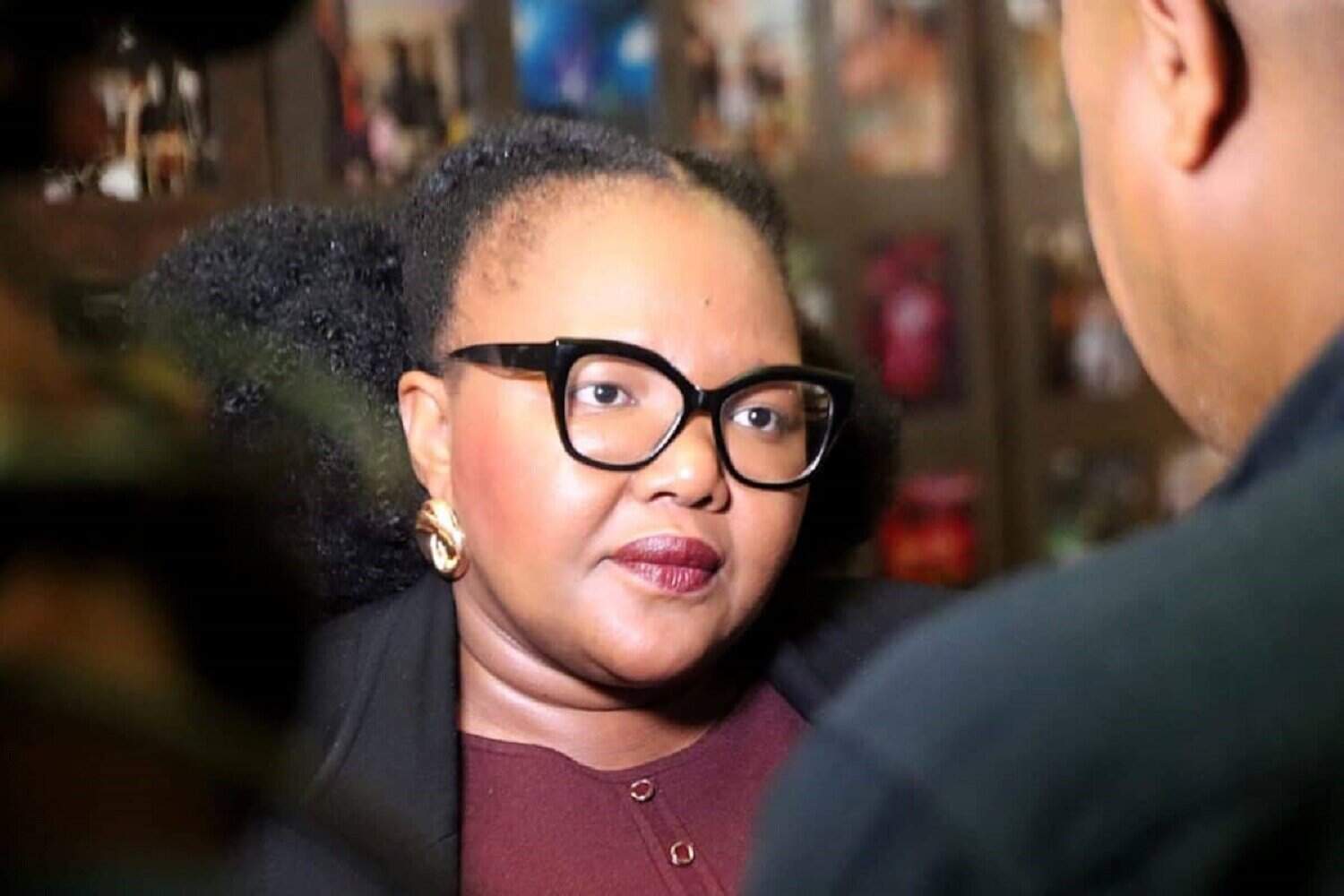The minister announced that her department is developing legislation to regulate online and hybrid learning.

Basic Education Minister Siviwe Gwarube has called for urgent and strategic reforms in South Africa’s education legislation, saying the future of the country’s children hinges on solid early childhood learning foundations.
Speaking at the 29th Annual International Education Law Conference hosted by the South African Education Law Association in Western Cape on Monday, Gwarube warned of the stark inequality that persists in South Africa’s education system.
“We must start at the very beginning with the foundations of learning,” said Gwarube. “Improving access to Early Childhood Development (ECD) is a moral imperative.”
A tale of two 10-year-olds
In her keynote address, the minister painted a vivid picture of inequality through a comparative story of two children: Lindiwe, who benefitted from quality ECD programmes, and Sipho, who had none.
“Today, Sipho still struggles to read, write and count with meaning and confidence. Not because he lacks potential, but because the system failed to meet his education needs early enough,” she said.
She added that foundational learning improves school readiness, reduces dropout rates and increases tertiary education completion, contributing significantly to economic growth.
ALSO READ: Vosloorus school assault sparks protest and suspensions
Bela Act and education transformation
Gwarube reaffirmed her commitment to the Basic Education Laws Amendment (Bela) Act, which was passed in 2024.
While acknowledging the controversy around the Act, she said it addressed fundamental issues in the education system.
“The politicisation of the Bela Act for sectarian interests has unfortunately blinded many from the key issues the Act addresses,” she said, citing equitable access, stronger governance and the protection of pupil rights.
The Act also codifies the criminalisation of corporal punishment and consolidates various court judgments that govern the sector.
“But laws alone are not enough. We must urgently support them with effective regulations, policies and implementation frameworks,” she said.
ALSO READ: DA and SAOU slam Pretoria Girls High principal’s suspension
Preparing for the future of learning
The minister announced that her department is developing legislation to regulate online and hybrid learning, including the role of artificial intelligence in classrooms.
“This legislation must be technology-neutral, rights-based and aligned with global standards in data privacy, ethics and digital inclusion,” she said.
She also revealed that, for the first time in South Africa’s history, a National Education and Training Council has been constituted to advise her on reforms and help improve foundational learning.
ALSO READ: GDE settles 99.95% of municipal debt as R2.8bn infrastructure plan tackles school overcrowding
‘Education laws should act as scaffolding’
Gwarube called on legal scholars and educators to embrace innovation and foresight in shaping education law.
“Our education laws should act as scaffolding for innovation and development,” she said.
“Let us use the law not merely as a tool of compliance, but as a catalyst for justice.”
She urged delegates to ensure that “no 10-year-old is left behind because of where they were born.”
“We need laws that enable, systems that include, and leadership that is clean, committed, ethical and caring,” she added.
NOW READ: Tablets, talent, and tech: Ministers fire up Glenvista’s digital future
Support Local Journalism
Add The Citizen as a Preferred Source on Google and follow us on Google News to see more of our trusted reporting in Google News and Top Stories.








